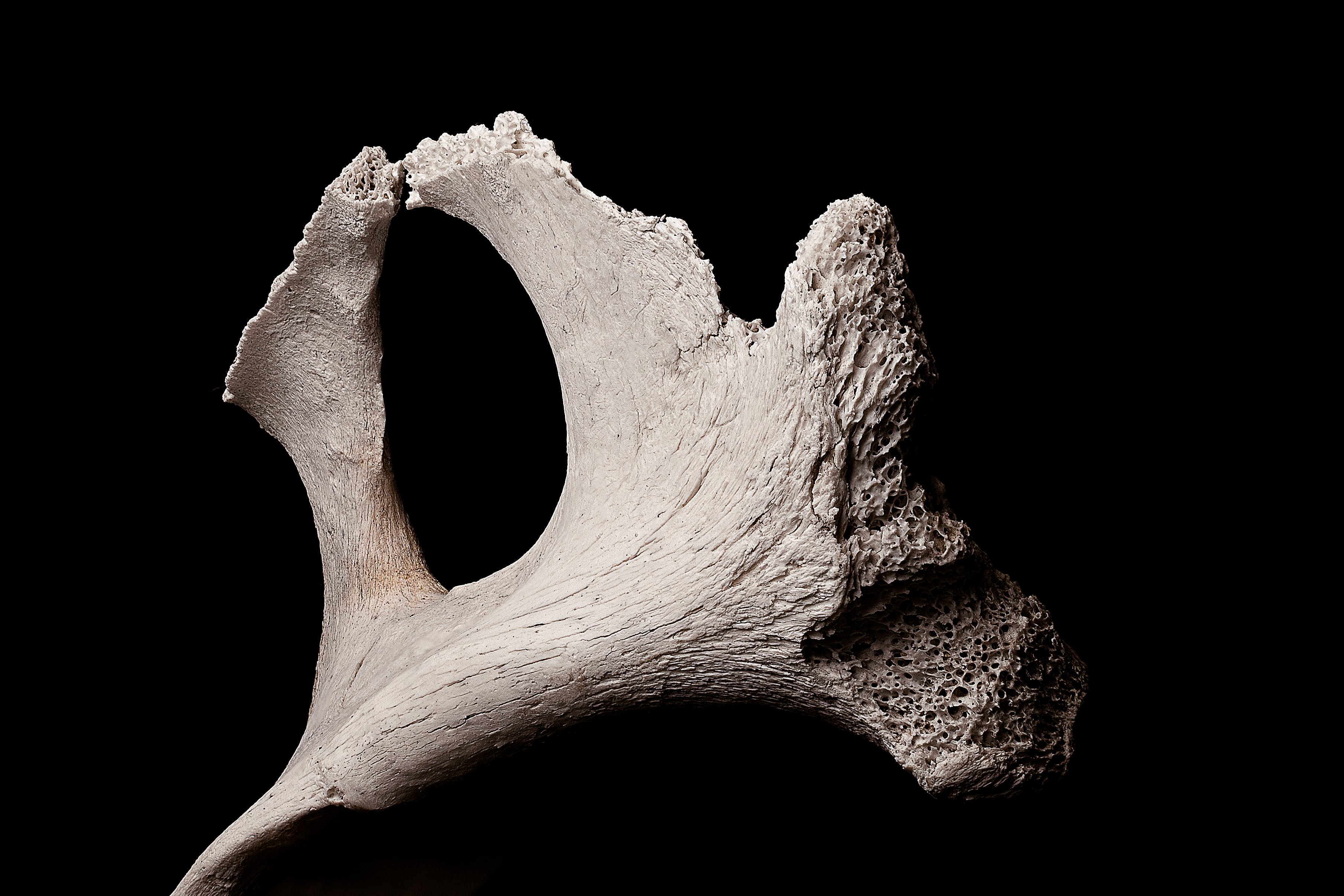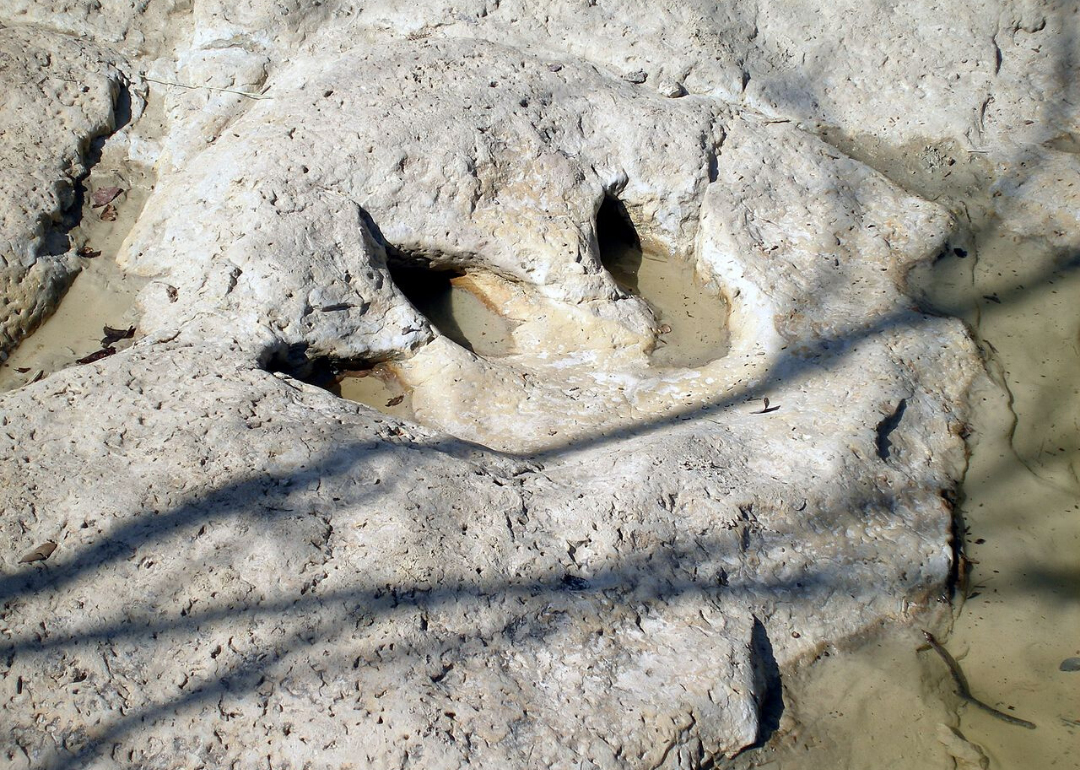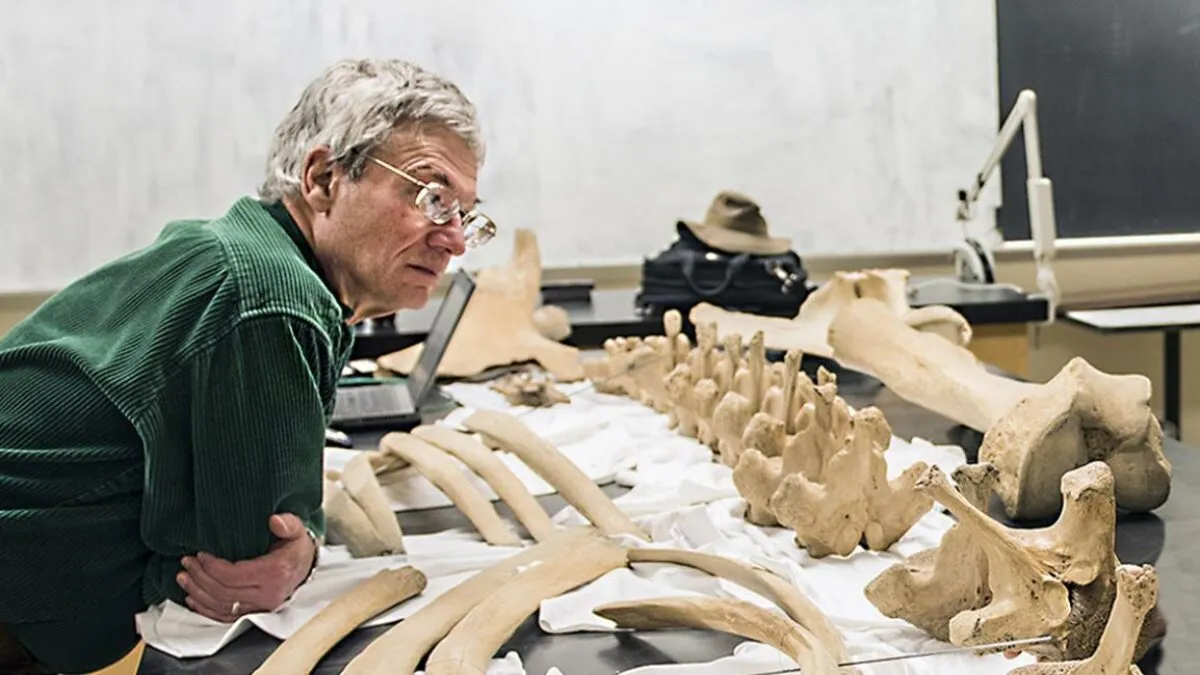A brand new species of dinosaur has been unveiled in Brazil, shedding light on the mysteries of prehistoric times. Discovered by Brazil's geological service, this unknown dinosaur, named Farlowichnus Rapidus, once roamed the desert landscapes around 100 to 145 million years ago during the early Cretaceous period. This discovery occurred in what is now known as the city of Araraquara, located in Sao Paulo state.

The unveiling of Farlowichnus Rapidus marks a significant breakthrough in the study of ancient creatures, adding a new chapter to the evolutionary tale of dinosaurs. This finding not only improves our understanding of ancient desert ecosystems but also stresses the importance of ongoing exploration and examination of fossil records.
The journey to this discovery dates back to the 1980s when an Italian priest and palaeontologist named Giuseppe Leonardi stumbled upon a collection of dinosaur footprints in Brazil's Botucatu Formation. These footprints, also known as "trackways," were preserved in the area's ancient sandstones, offering clues about an undiscovered dinosaur species.

Driven by his passion for palaeontology, Leonardi carefully collected and documented these trackways. In 1984, he generously donated the specimens to Brazil's Museum of Earth Sciences, awaiting further study.
After years of meticulous analysis and comparison with known dinosaur track records, researchers made an astonishing revelation: these footprints belonged to a previously unknown species. The distinct features of the footprints, such as elongated toes and a wide stride, suggested a nimble dinosaur accustomed to desert life.
In a groundbreaking 2023 study led by Leonardi and a team of scientists, this newfound species was officially named Farlowichnus rapidus, signifying "Fast Farlow's track." Their research indicated that Farlowichnus rapidus was a small, agile carnivore that inhabited the arid landscapes of early Cretaceous Brazil, existing around 125 million years ago.

Described as approximately the size of a modern-day seriema bird, standing between 60-90 cm (2-3 feet) tall, Farlowichnus rapidus' discovery highlights the importance of preserving and studying fossil trackways. These footprints provide invaluable insights into the diversity and behaviour of ancient dinosaurs, offering a glimpse into the incredible adaptations and endurance of life in Earth's prehistoric era.
The findings of Farlowichnus Rapidus were published in the scientific journal Cretaceous Research. According to the geological service, the distance between the footprints suggests that this dinosaur was exceptionally fast as it navigated the ancient dunes.
Rafael Costa, a palaeontologist from MCTer, emphasised that these footprints stand out from all other known dinosaur footprints, marking a significant discovery in understanding ancient life during the early Cretaceous period.
©️ Copyright 2023. All Rights Reserved Powered by Vygr Media.







